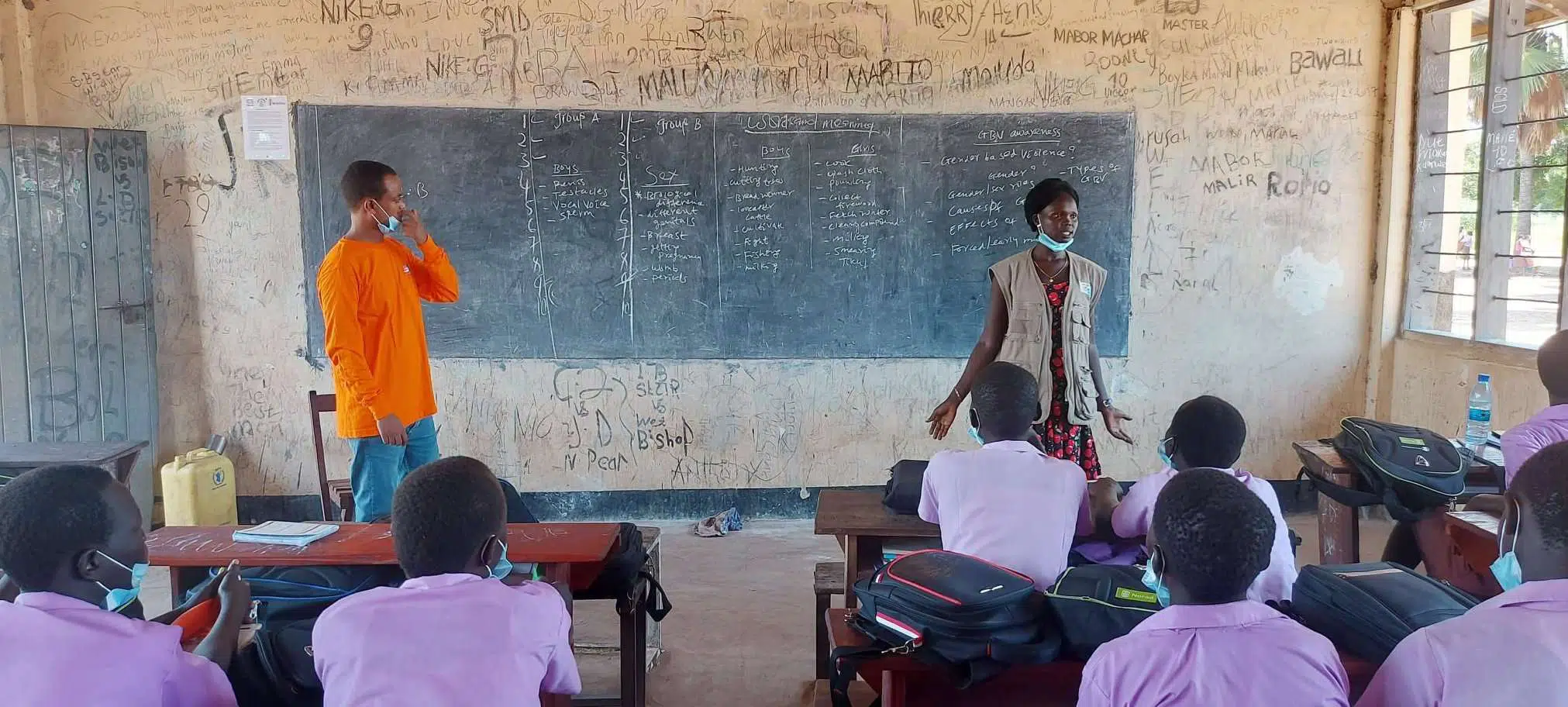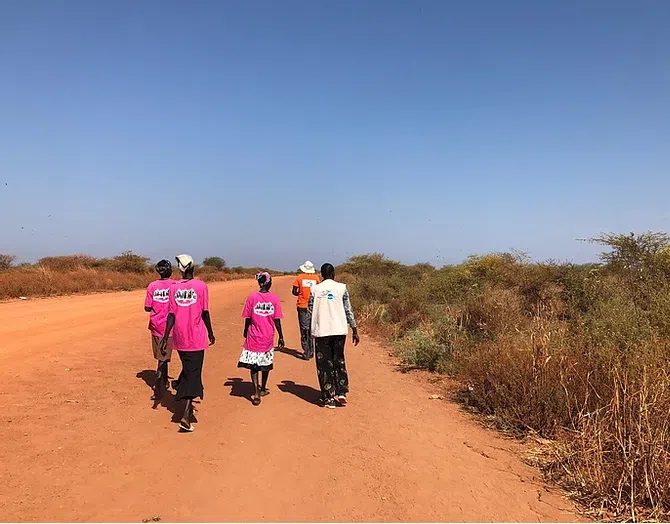South Sudan

The need for protection in South Sudan
South Sudan became the world’s newest country in 2011 after more than two decades of civil war. Just two years later, political and ethnic tensions erupted into a new conflict, displacing over 4 million people and leading to an estimated 400,000 deaths before a peace agreement was signed in 2018.
Today, peace remains fragile. The postponement of national elections, political crackdowns, and rising violence in key states have reignited fears of renewed war. With military deployments escalating and families fleeing once again, South Sudan is on the brink of another devastating crisis.
NP’s work in South Sudan
NP uses a mix of tools to prevent violence, enhance the safety and security of civilians, build and strengthen local peace infrastructures, and devise and implement locally-led peace and protection strategies. By doing so, NP is able to protect civilians and support the cohesion, resilience, and adaptive capacity and recovery of communities affected by violence and insecurity.
NP’s activities in South Sudan include:
- Direct protection and presence, including patrols and protective accompaniment for those at risk of violence.
- Referring survivors of sexual and gender-based violence or other protection concerns to relevant services.
- Supporting peace dialogues within and between communities experiencing or at risk of violent conflict.
- Creating and maintaining early warning/early response systems.
- Forming and strengthening Community Protection Team—Youth Protection Teams, Gender Champions, and Women Protection Teams—to take leading roles in the protection and peace of their communities.
- Providing trainings to promote community protection, social cohesion, and violence reduction.
The future of NP’s work in South Sudan
In the face of renewed uncertainty, NP continues to stand alongside communities working to prevent violence, protect civilians, and strengthen social fabric. As political instability deepens and humanitarian needs grow, our work remains rooted in the belief that sustainable peace is built from the ground up.
NP is investing in local leadership and community-based protection to reduce harm, foster reconciliation, and build resilience to future shocks—from flooding and food insecurity to intercommunal tensions. By adapting to an evolving context and prioritizing inclusive, locally driven solutions, NP aims to help communities navigate the present crisis while building toward long-term peace.
Read More
→ Learn more about our work in South Sudan
→ South Sudan publications
→ South Sudan blogs
→ South Sudan press clips & statements

Make a Gift Now



